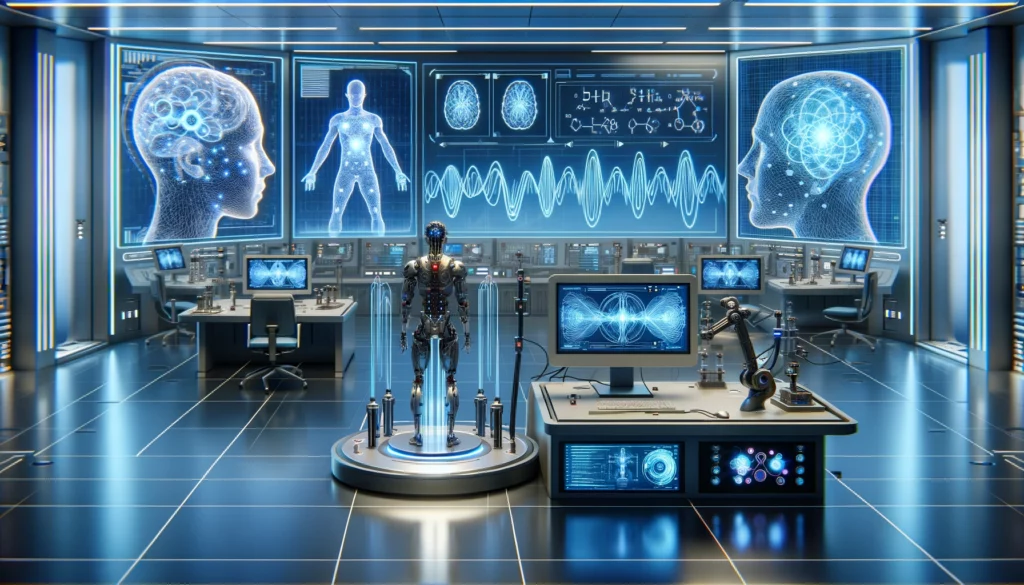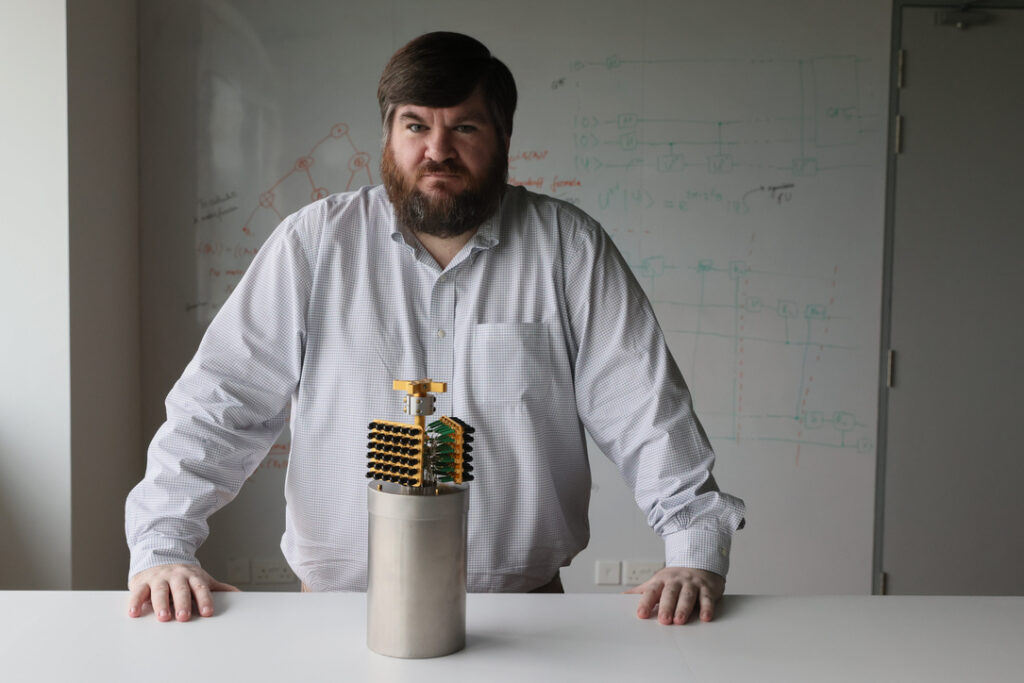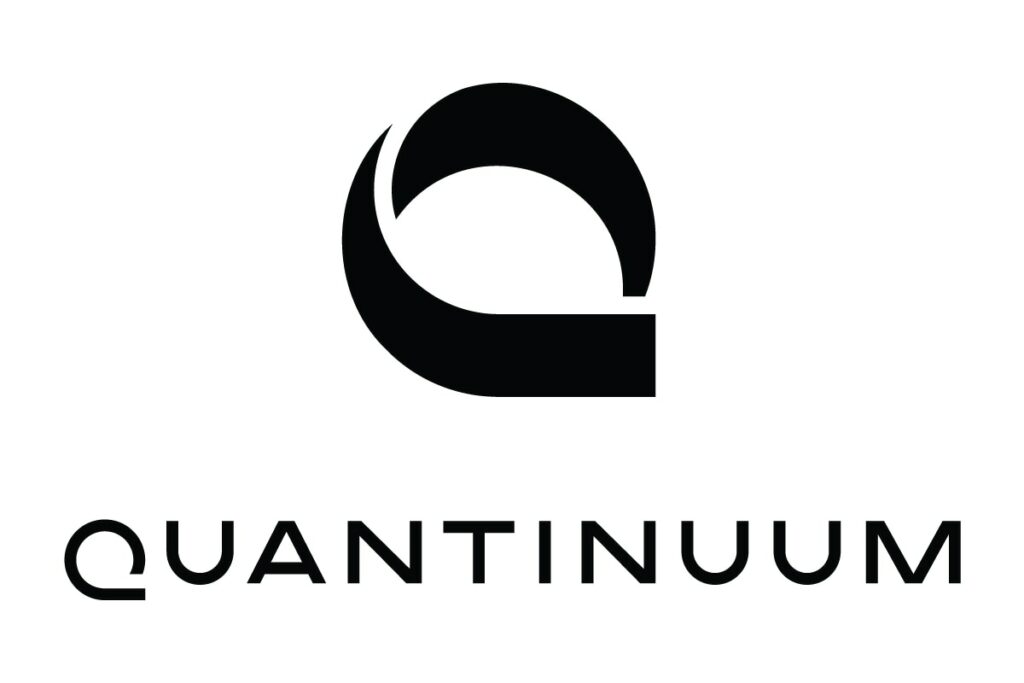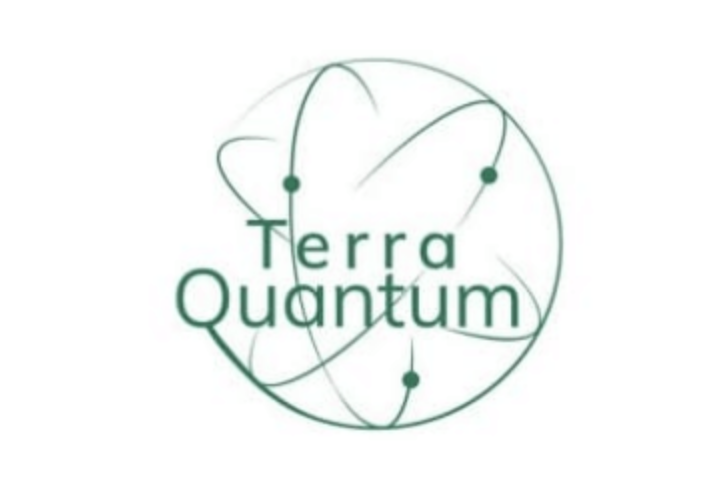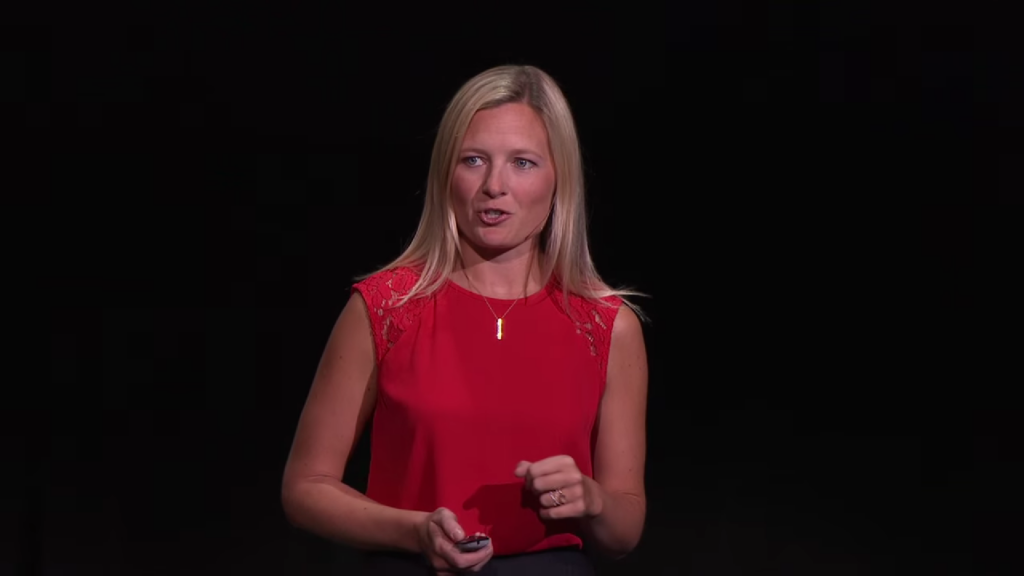The Race is On
Since China has become one of the most powerful players in the world economically, there has also been a shift in which countries are developing in the technological sector, too.
In the past, it was the United States and the Soviet Union/Russia, for decades locked in an ominous cold war. Over the last two decades, however, China has begun to play an ever more important role, overtaking its neighbours in the Kremlin as the United States’ number one rival.
Putin sours.
A new superpower has taken to the stage, then. Another cold war, different from the one that preceded it, is the de facto state.

Now Beijing and Washington are competing in areas from space exploration to cars to artificial intelligence (AI).
Trump has even accused China of stealing ideas on technology, as well as compromising the country’s cybersecurity issues, with potential actions banning Huawei’s 5G technology in the country proof of this. Beijing, naturally, has strongly denied any such wrongdoings. Washington, it seems, in reflection, and especially the president, Donald Trump, are angry at America’s slow decline in the face of The Middle Kingdom’s surge toward a new technological, economic and political reality, one where they are the main players.
Currently, China is making inroads with AI. Some experts predict within the next decade Beijing will overtake the US in this area of development. This has Washington worried.
Yet, there is one discipline of technology where, at the moment at least, the US wins hands down: this is in quantum computing (QC).
China began the quantum technology race in the summer of 2016 when it launched the world’s first quantum satellite into space, even conducting a quantum-encrypted video call between scientists from Austria and China.
‘In the last five years, China has invested very heavily in quantum technologies,” “It has taken the lead and it has done so relatively quickly.’
— Robert Young, director of the Lancaster Quantum Technology Centre, and an adjunct professor at the Institute of Fundamental and Frontier Science in Chengdu.
Impressive enough.
Massive Projects
To take things further this year, the Chinese government has initiated a project where it plans to pump $10billion into quantum computing, weapon systems and communication technology. The project, situated in the city of Hefei, 250 miles west of Shanghai, will be the house of the National Laboratory for Quantum Information Sciences.
Before physicists Richard Feynman, Yuri Manin and Paul Benioff ignited the spark which started the conversation that quantum computers could be realized, there was no talk on the subject. The 1960s, through to the 1980s, were dominated by bit and bytes. It was the era of the classical computer. Progress was slow, measured by Moore’s Law (though no longer valid), which states the computational power of integrated circuits doubles every two years.
It was not until 1994 when Peter Shor’s algorithm proved that quantum computers could factor large integers exponentially faster than classical computers – making them perfect in dealing with complex problems regarding cryptographic codes and calculating prime numbers – that the immense possibilities of this new technology were taken even half-seriously.
This put quantum computers on the front foot.
For the next two decades, the United States ruled the roost. It was only until recently that China realized it needed to catch up.
The Chinese government had missed out on the digital revolution, but they see now as their time. AI, quantum computers, it doesn’t matter — it’s theirs for the taking.
Whereas tech companies in the United States have focussed on creating a quantum computer which could one day be utilized to replace the classical computers in most functions, the China’s centre of attention is in the ‘quantum space race’.
Like with the Soviets in the 1950s, this is one war the Chinese do not want to lose.
Washington, backed by the corporate behemoths of Google, Microsoft, Intel and IBM — not to mention the brainpower of two dozen startups in the space — continues to believe it is in the ascendancy. Still, China — with a source of infinite cash, party-loyal citizenry of Han ethnicity in the majority who bow to their leaders’ every whim (the recent Hong Kong protests aside) — feels confident it can make inroads and wants to make past wrongs right.
It has been in the shadows for too long.
China’s time is now, and the country believes it wholeheartedly.
The power that quantum computing can bring to breaking current methods of encryption could have, if correctly implemented, enormous economic, political and military consequences in the coming years. That is why, unlike their American counterparts — who have the goal of getting quantum computers into the mainstream — China’s focal point is the macro implementation and results of quantum technological systems (QTS), to give them the upper hand geopolitically.
A clever move, some might say.
Patents
One indication of China’s enthusiasm where quantum computers are concerned is that patents filed by Chinese companies have risen considerably in the last few years. In 2014, America was in the ascendancy in this area. Yet, three years later and Chinese patents had doubled those filed by companies in the United States. Chinese patents filed in quantum computing has steadily climbed in the last few years, overpassing those made by the United States by 200% in 2017.
In contrast to IBM and Google and the other powerhouses in the quantum computing world in the US, China’s effort — led by Baidu, Tencent and Alibaba — has started a little late. Catching up to developments made by their rivals across the Pacific Ocean is going to take a lot of work. Yet many physicists and thought leaders in China have a different approach to quantum computers than the Americans, who feel the number of qubits in a system is the most important factor to whether a quantum computer shows promise or not. China’s approach, rather counterintuitive in some ways, is rather how to apply quantum architectural systems in a practical sense once they become fully operational and controlled. The Chinese, realizing the delicate state of qubits in their superposition and entangled states, and the high error rates within current quantum architectural systems operate under, are far from perfect.
They see all the cries from companies such as D-Wave having a 1000 or more qubit computer and Google’s 72-qubit system as jumping the gun.
Crawl before you can walk, that’s the Chinese philosophy in regard to quantum computers.
So where does this leave Russia as far as quantum computers are concerned?
Far behind, we can guess, but that does not mean it is totally out of the game.
A recent project, headed by Gordey Lesovik, a quantum physicist from the Moscow Institute of Physics and Technology, has claimed to have reversed the flow of time. The experiment, which was repeated thousands of times, was able to restore the computer’s former state 85% of the time on a simple, two-qubit system.
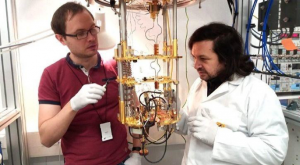
Despite quantum teleportation, Russia has a long way to go, it seems to catch up with the Americans and the Chinese. What science has achieved so far in QC is an eye-blink in the grander scheme of the world.
We will wait and see, then.














